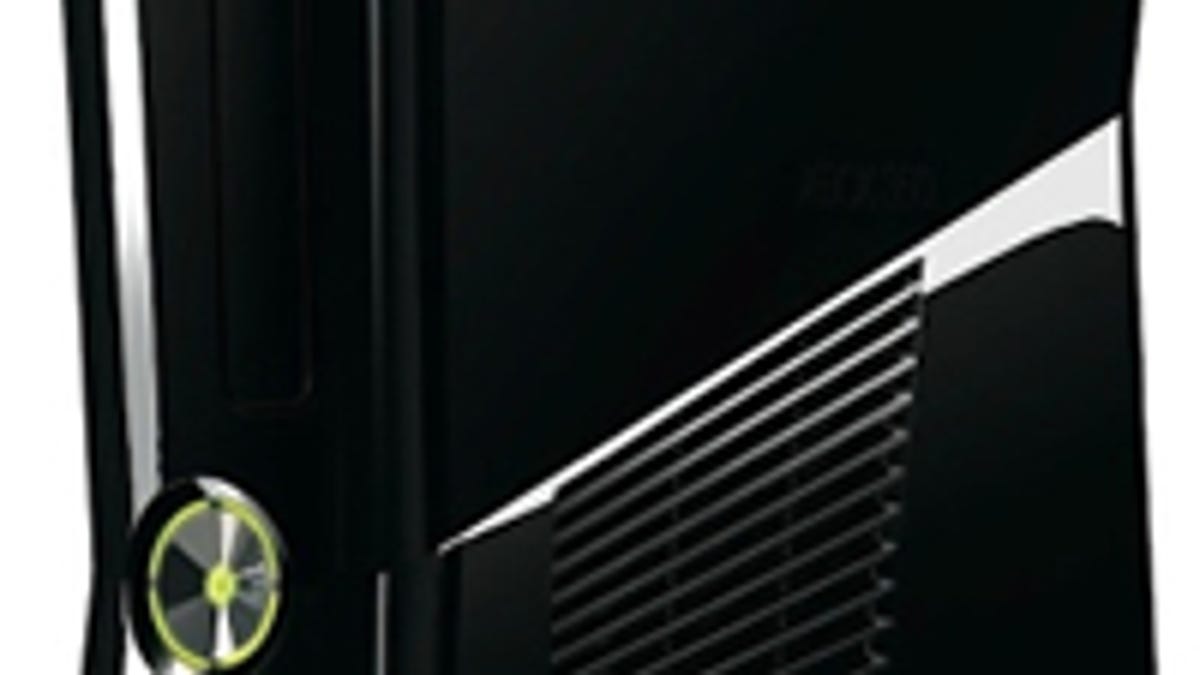Ex-GTA producer: Don't expect 3 consoles in next, next gen
That's the word from Jeremy Pope, who spent nearly a decade at Rockstar Games before leaving to found his own mobile startup, Rally Games.

A former Grand Theft Auto producer at Rockstar Games thinks that the next, next generation in consoles won't have three hardware makers competing for your dollars.
Speaking to Games Industry in an interview published on Monday, Jeremy Pope said the economics of the console market make no sense for there to be three hardware companies competing after the next round of consoles launch.
"It's going to be very challenging for Microsoft, Sony, and Nintendo," said Pope, who is currently running a mobile startup he founded called Rally Games. "I wouldn't be surprised if we see by the next generation some consolidation of some sort -- it seems hard to fathom that we're going to have these three big players again and again with the way everything is shaking out."
The dynamics of the console market are making it more difficult to compete, Pope said. He noted that several companies have stopped developing console games "because it's become so expensive, so time-consuming, and only the major players can partake, which means you get projects that aren't as creative and projects where you aren't as involved because you're a smaller cog in the machine."
Pope didn't say exactly when he thinks consolidation will occur in the console market. He does believe that Sony, Microsoft, and Nintendo will compete in the next generation. It's after that, he sees the possibility of one of those companies exiting.
The console market has seen its fair share of companies come and go, including the once-popular Sega. Considering the hardware market was down 42 percent in April year over year, it's not unfathomable that another will bow out.

